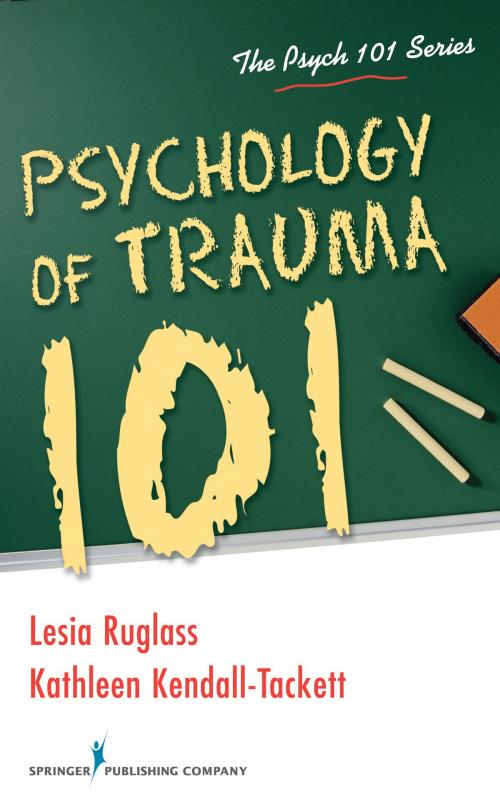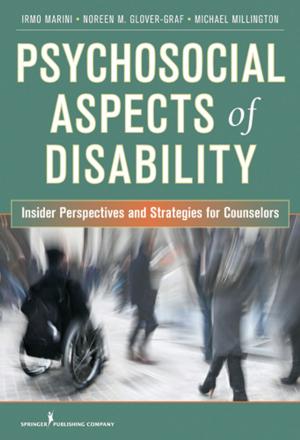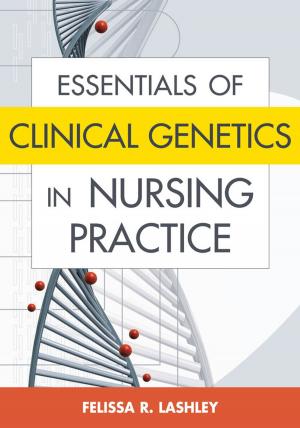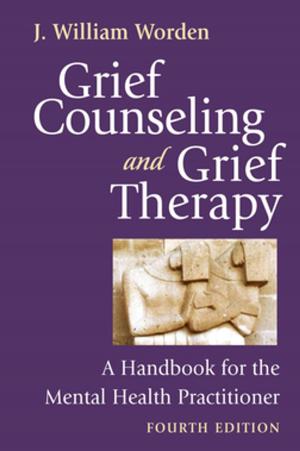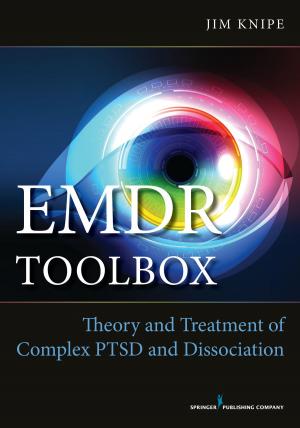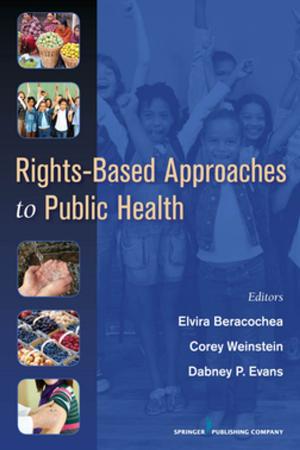Psychology of Trauma 101
Nonfiction, Health & Well Being, Psychology, Mental Illness, Clinical Psychology, Social & Cultural Studies, Social Science| Author: | Lesia Ruglass, PhD, Kathleen Kendall-Tackett, PhD, IBCLC, FAPA | ISBN: | 9780826196699 |
| Publisher: | Springer Publishing Company | Publication: | October 10, 2014 |
| Imprint: | Springer Publishing Company | Language: | English |
| Author: | Lesia Ruglass, PhD, Kathleen Kendall-Tackett, PhD, IBCLC, FAPA |
| ISBN: | 9780826196699 |
| Publisher: | Springer Publishing Company |
| Publication: | October 10, 2014 |
| Imprint: | Springer Publishing Company |
| Language: | English |
"Psychology of Trauma 101 is exceptionally well-written, easy to read, and enriched with empirical findings and discussions related to trauma psychology. Therefore, this book would help any beginning mental health professional better understand the current state of trauma research, theory, and treatment; and thus, Psychology of Trauma 101 is highly recommended. " -- Erin K. Poindexter, Journal of Loss and Trauma
As trauma research and practice grow, practitioners, trainees, and others struggle to acquire and apply critical information to help the traumatized. In Psychology of Trauma 101, Lesia Ruglass and Kathleen Kendall-Tackett fill this void with a highly readable and reliable guide for practitioners and students in promoting posttraumatic growth and resilience.
Charles R. Figley, PhD, Tulane University
Our knowledge about the psychological effects of traumatic events has grown dramatically over the past three decades. Psychology of Trauma 101 is a concise, current, and accessible overview of this critical issue, including posttraumatic stress disorder (PTSD), its causes, and its physical and mental consequences. Grounded in the most up-to-date research and theories on trauma and its effects, this text not only covers the concepts of what trauma is and the ways in which different kinds of traumas affect people, but also considers how it is diagnosed in the wake of DSM-5 and is treated with both conventional and alternative methods.
Richly illustrated with first-person accounts from trauma survivors, this book encompasses theories, diagnosis, and treatment as well as how trauma affects family members and caregivers. It also addresses the variables of gender, race/ethnicity, and culture as they bear on trauma psychology and the potential health consequences of trauma. In addition, the book illuminates controversies in the field and such emerging topics as posttraumatic growth, multiple traumas, and how traumatic events affect communities. Written by a team of leading researchers and clinicians in the field, the book is an ideal introduction to this critical topic for students and practitioners.
Key Features
- Provides a comprehensive yet concise overview of trauma and PTSD
- Considers theoretical frameworks for understanding trauma and its impact on physical and mental health
- Addresses how trauma is diagnosed and treated with both conventional and alternative approaches
- Covers posttraumatic growth, multiple traumas, and caregiver issues such as burnout and self-care
- Includes plentiful firsthand accounts from trauma survivors
- The Psych 101 Series
- Short, reader-friendly introductions to cutting-edge topics in psychology. With key concepts, controversial topics, and fascinating accounts of up-to-the-minute research, The Psych 101 Series is a valuable resource for all students of psychology and anyone interested in the field.
"Psychology of Trauma 101 is exceptionally well-written, easy to read, and enriched with empirical findings and discussions related to trauma psychology. Therefore, this book would help any beginning mental health professional better understand the current state of trauma research, theory, and treatment; and thus, Psychology of Trauma 101 is highly recommended. " -- Erin K. Poindexter, Journal of Loss and Trauma
As trauma research and practice grow, practitioners, trainees, and others struggle to acquire and apply critical information to help the traumatized. In Psychology of Trauma 101, Lesia Ruglass and Kathleen Kendall-Tackett fill this void with a highly readable and reliable guide for practitioners and students in promoting posttraumatic growth and resilience.
Charles R. Figley, PhD, Tulane University
Our knowledge about the psychological effects of traumatic events has grown dramatically over the past three decades. Psychology of Trauma 101 is a concise, current, and accessible overview of this critical issue, including posttraumatic stress disorder (PTSD), its causes, and its physical and mental consequences. Grounded in the most up-to-date research and theories on trauma and its effects, this text not only covers the concepts of what trauma is and the ways in which different kinds of traumas affect people, but also considers how it is diagnosed in the wake of DSM-5 and is treated with both conventional and alternative methods.
Richly illustrated with first-person accounts from trauma survivors, this book encompasses theories, diagnosis, and treatment as well as how trauma affects family members and caregivers. It also addresses the variables of gender, race/ethnicity, and culture as they bear on trauma psychology and the potential health consequences of trauma. In addition, the book illuminates controversies in the field and such emerging topics as posttraumatic growth, multiple traumas, and how traumatic events affect communities. Written by a team of leading researchers and clinicians in the field, the book is an ideal introduction to this critical topic for students and practitioners.
Key Features
- Provides a comprehensive yet concise overview of trauma and PTSD
- Considers theoretical frameworks for understanding trauma and its impact on physical and mental health
- Addresses how trauma is diagnosed and treated with both conventional and alternative approaches
- Covers posttraumatic growth, multiple traumas, and caregiver issues such as burnout and self-care
- Includes plentiful firsthand accounts from trauma survivors
- The Psych 101 Series
- Short, reader-friendly introductions to cutting-edge topics in psychology. With key concepts, controversial topics, and fascinating accounts of up-to-the-minute research, The Psych 101 Series is a valuable resource for all students of psychology and anyone interested in the field.
